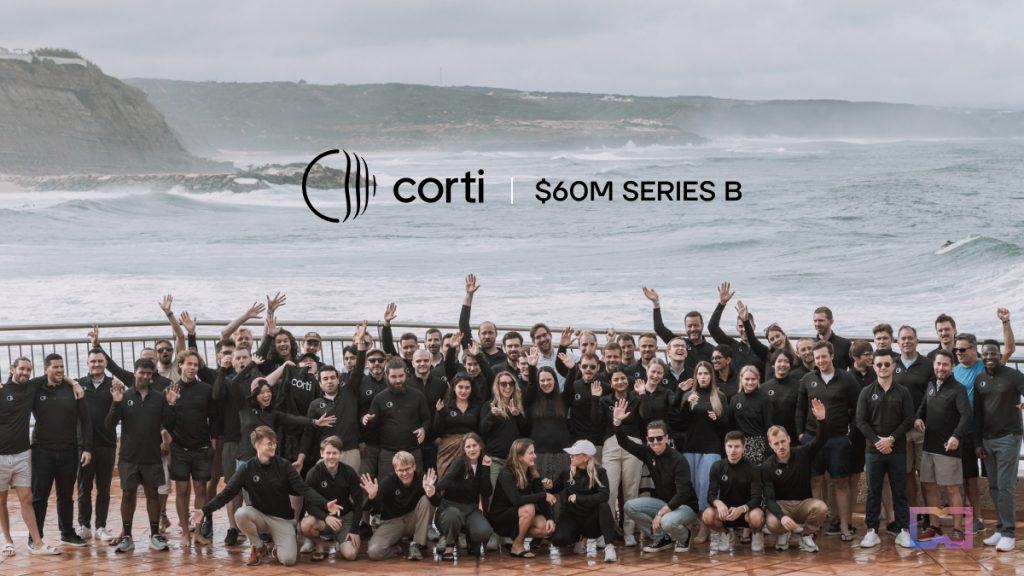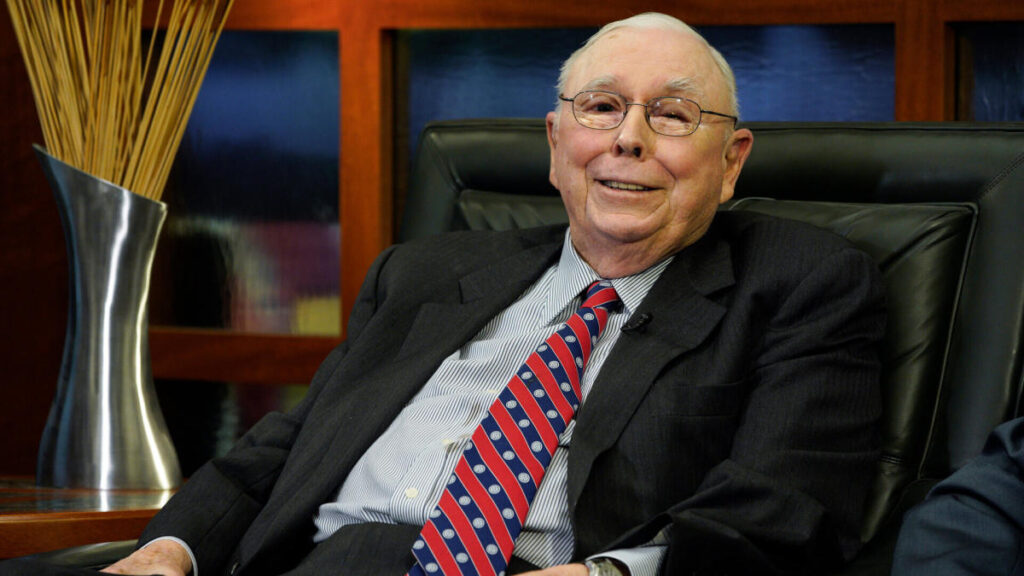From Unicorns to Camels: How AI Startups Transcend The Divide in Tech Investment
In the ever-evolving landscape of technology, artificial intelligence (AI) startups are emerging as the true pioneers, defying conventional constraints and making significant strides in the global tech arena.

Venture capital firms, traditionally inclined towards Silicon Valley giants, are now realigning their focus to recognize the exceptional prospects within this burgeoning field. What sets these AI startups apart is their ability to adapt and innovate, irrespective of their geographical location. Whether nestled in the familiar confines of Silicon Valley or flourishing in lesser-known tech hubs, AI startups are showcasing remarkable adaptability. Their ingenious use of AI technology has allowed them to create groundbreaking solutions, disrupting established industries and pushing the boundaries of what was once deemed possible.
The core of this revolution lies in advanced algorithms and rapid computing power that, astonishingly, didn’t exist a mere decade ago. These technological advancements have enabled AI startups to seamlessly overcome the limitations of traditional setups, opening up new possibilities and reshaping industries. As a testament to their potential, the AI market is expected to witness exponential growth, with a projected value of nearly $100 billion ballooning twentyfold by 2030, reaching nearly $2 trillion.
AI startups are not confining their impact to a single industry; they are leading the charge across various sectors. One notable example is the fintech industry, which has experienced a remarkable transformation due to AI-powered products. In 2018, AI-related investments in fintech amounted to a modest $408 million. Fast forward to the present, and the sector has witnessed a seismic shift, with investments reaching unprecedented levels. The fintech industry’s value, propelled by AI innovations, now stands at a staggering figure, illustrating the transformative power of these startups.
Moreover, AI is penetrating diverse sectors, including supply chains, marketing, product manufacturing, research, and analysis. The versatility of AI applications is a testament to its far-reaching impact on the business landscape. As AI startups continue to refine their offerings and expand their reach, they are set to become key players in shaping the future of industries worldwide.
Also Read: OpenAI Seeks $90 Billion Valuation in Possible Share Sale, WSJ Says
In this era where unicorns symbolize tech success, AI startups are introducing a new metaphor – that of camels, resilient and adaptable creatures that traverse diverse landscapes. The adaptability of AI startups to different environments and their transformative impact on industries make them the camels of the tech investment desert, traversing terrains that were once thought impassable and proving that the future belongs to those who can harness the power of artificial intelligence.

I am a law graduate from NLU Lucknow. I have a flair for creative writing and hence in my free time work as a freelance content writer.





